Before 1770 film aims to ‘challenge false narrative of Captain Cook’
A contentious new documentary challenges ‘first contact’ history about how Australia was founded by highlighting links between northern Indigenous communities and Indonesian fishermen
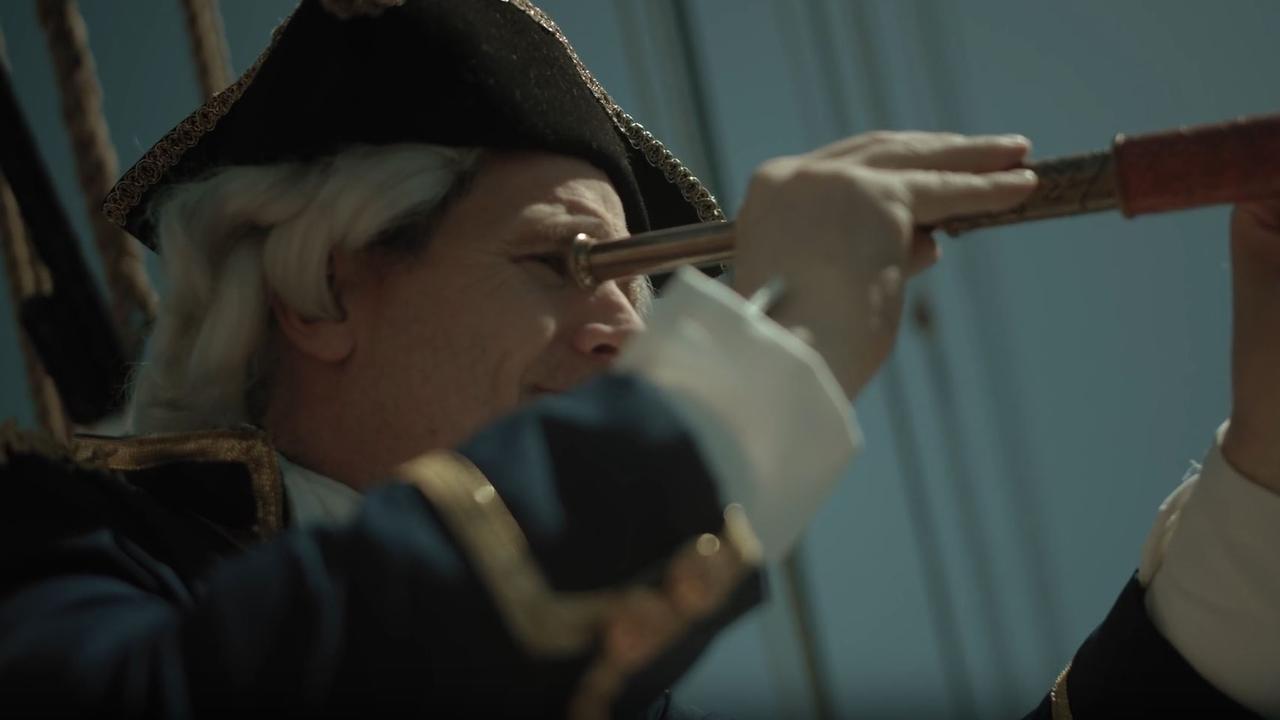
READING LEVEL: ORANGE
A contentious* new documentary aims to “challenge the false narrative* of Captain Cook” by celebrating the little-known history between Indonesians and Indigenous Australians in the pre-colonial period.
The film Before 1770 recreates the journey of sea cucumber fishermen, called Macassan trepangers*, from the Indonesian island of Sulawesi to northern Australia.
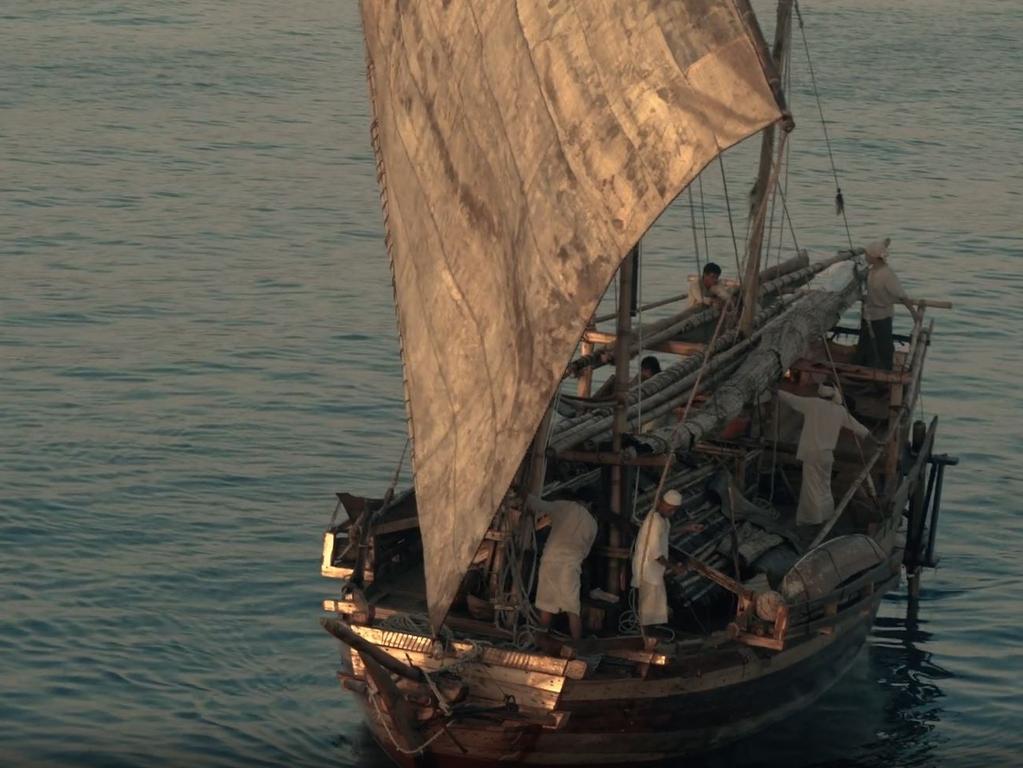
Promotional material for the documentary said it was “designed to encapsulate* the history of Muslims in Australia before the First Fleet.”
Director Sheik Wesam Charkawi said Before 1770 was a story of family, connection and mutual respect that was anchored in fact.
“Certainly, we want to challenge the false narrative of Captain Cook,” he said.
“Australia was not discovered. Aboriginal people are the world’s oldest continuing culture.”
It is widely accepted that Indigenous Australians have been on the continent for at least 50,000 years, with some archaeologists* believing Aboriginal history stretches back 65,000 years.
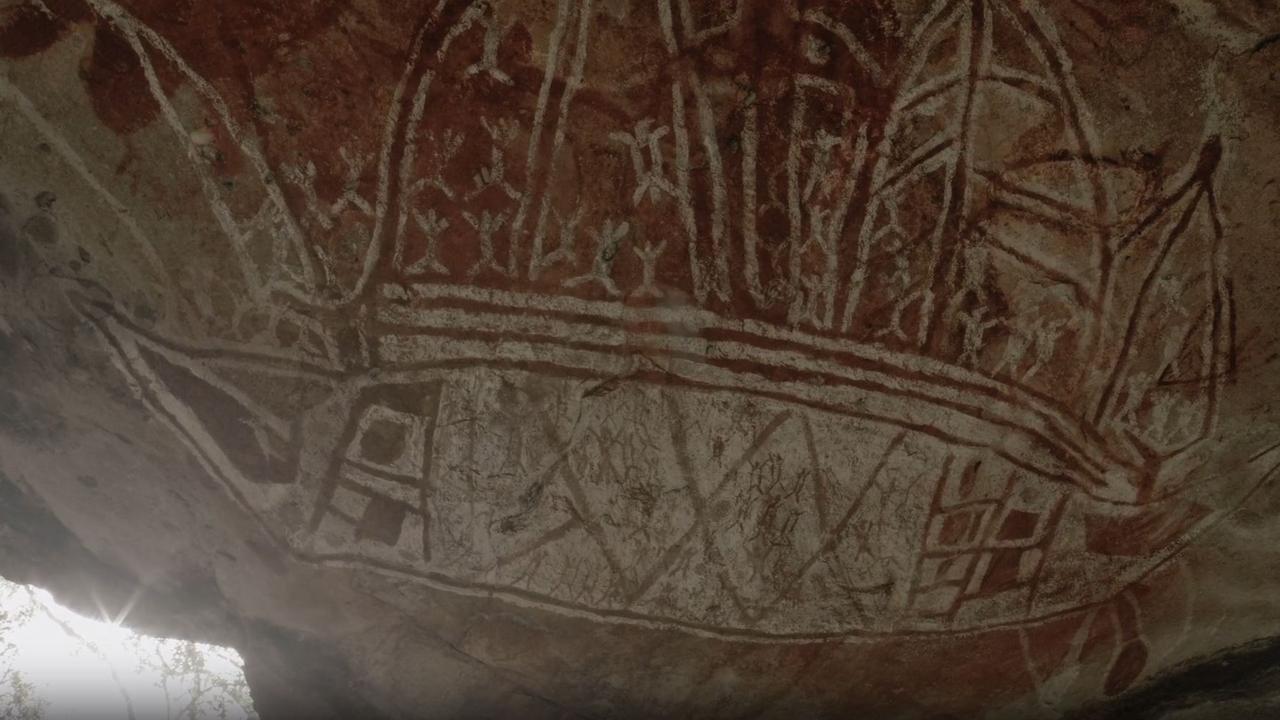
Captain James Cook arrived in Botany Bay in 1770, while Captain Arthur Phillip arrived with the First Fleet in 1788, which is the official start of Australia’s colonial period.
A trailer for the film shows a re-enactment of a pre-colonial sailor, presumably Captain Cook, on a vessel. Former ABC journalist Stan Grant’s voice narrates over the vision.
“When a nation is founded on a lie, then how do we find a sense of belonging and connection?” says Grant, who was one of several people interviewed for the documentary.
A Wiradjuri-Kamilaroi-Dharrawal man, Grant resigned as host of the ABC’s current affairs program Q&A after being subjected to serious racist abuse after his comments about the ongoing impacts of colonialism* in Australia ahead of the coronation* of Charles III in 2023.
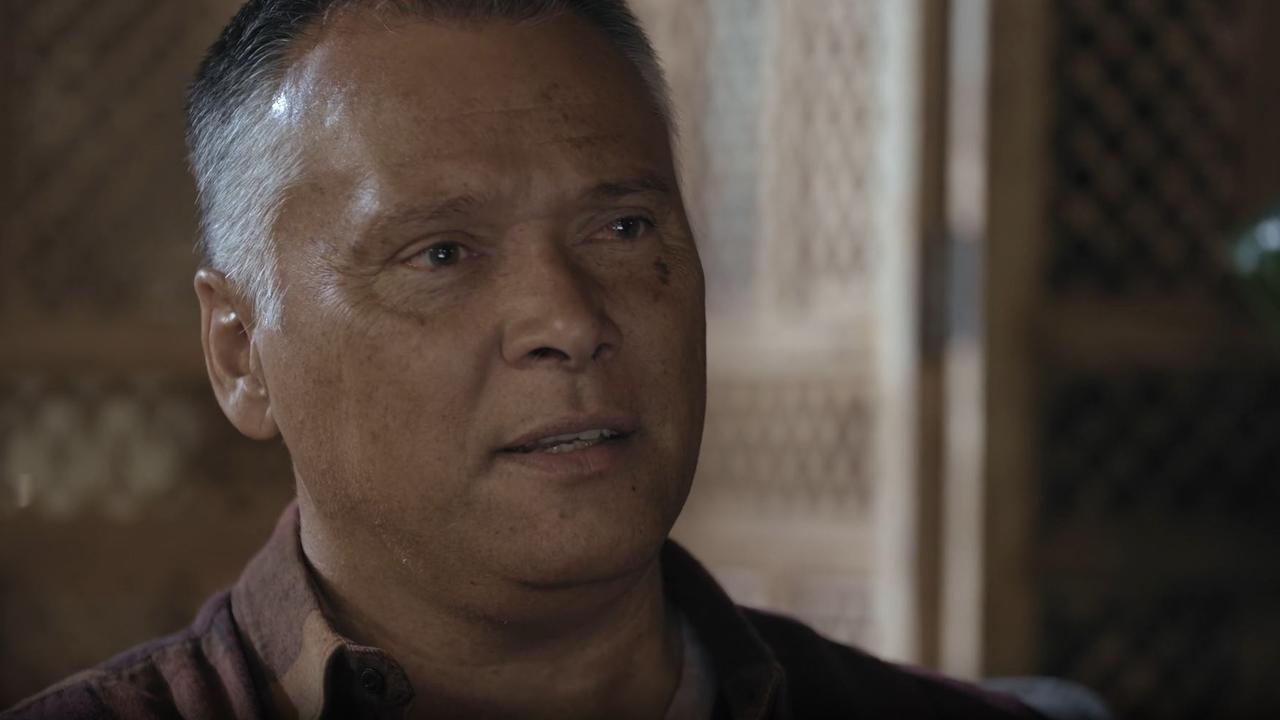
He also published a book The Queen is Dead in 2023 that argued for the end of the monarchy* in Australia and called for action over the past injustices suffered by Aboriginal Australians.
Indigenous businessman Warren Mundine said he considered the Macassans cousins to Indigenous Australia but said modern Australia started in the colonial period after the arrival of Captain Phillip in 1788.
“Macassans were trading with Aboriginal people from northern Australia and for me that’s something for us as modern Australians that we should be celebrating,” he said.
“But to then jump to modern Australia, and say that the institutions and everything we have here is a ‘lie’, I think is a big stretch.”
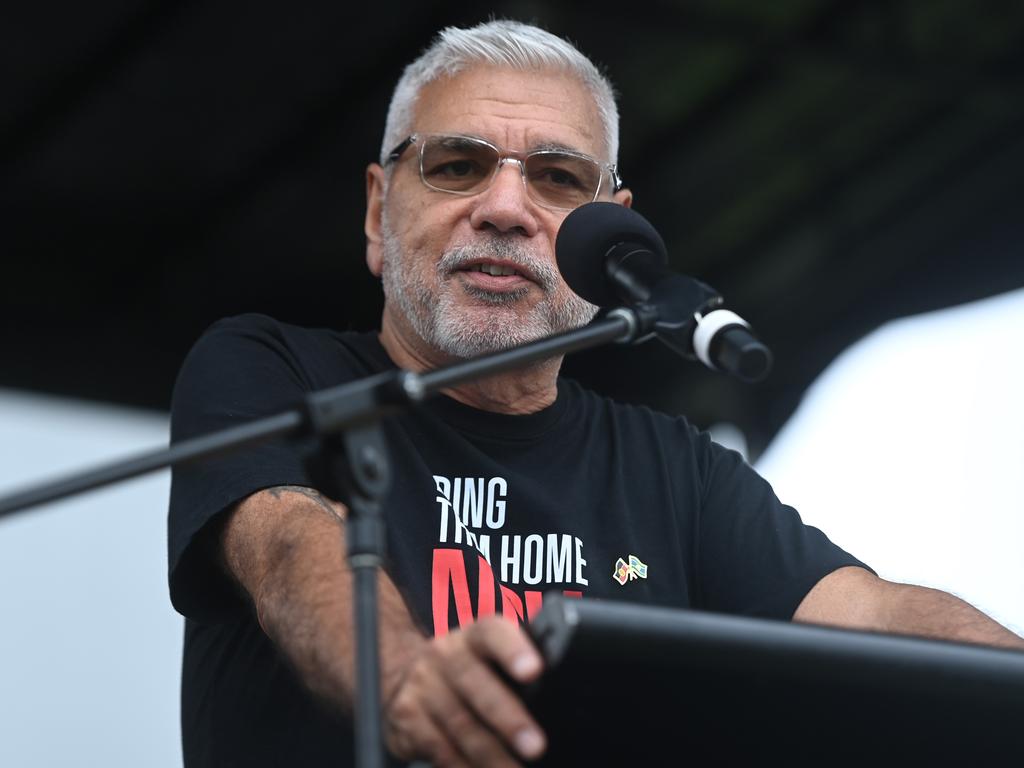
Australian National University Professor Campbell Macknight, who was also interviewed for Before 1770, said the political purpose of the documentary was to prevent young Muslims from becoming disengaged from wider Australia.
“The political purpose of the film is to reassure young Muslims in western Sydney that they really have a place in modern Australia,” said Professor Macknight, who began his Arnhem Land research in the 1960s and has published a book on the Macassan trepangers.
“And that there were Muslims in Australia before Captain Cook.”
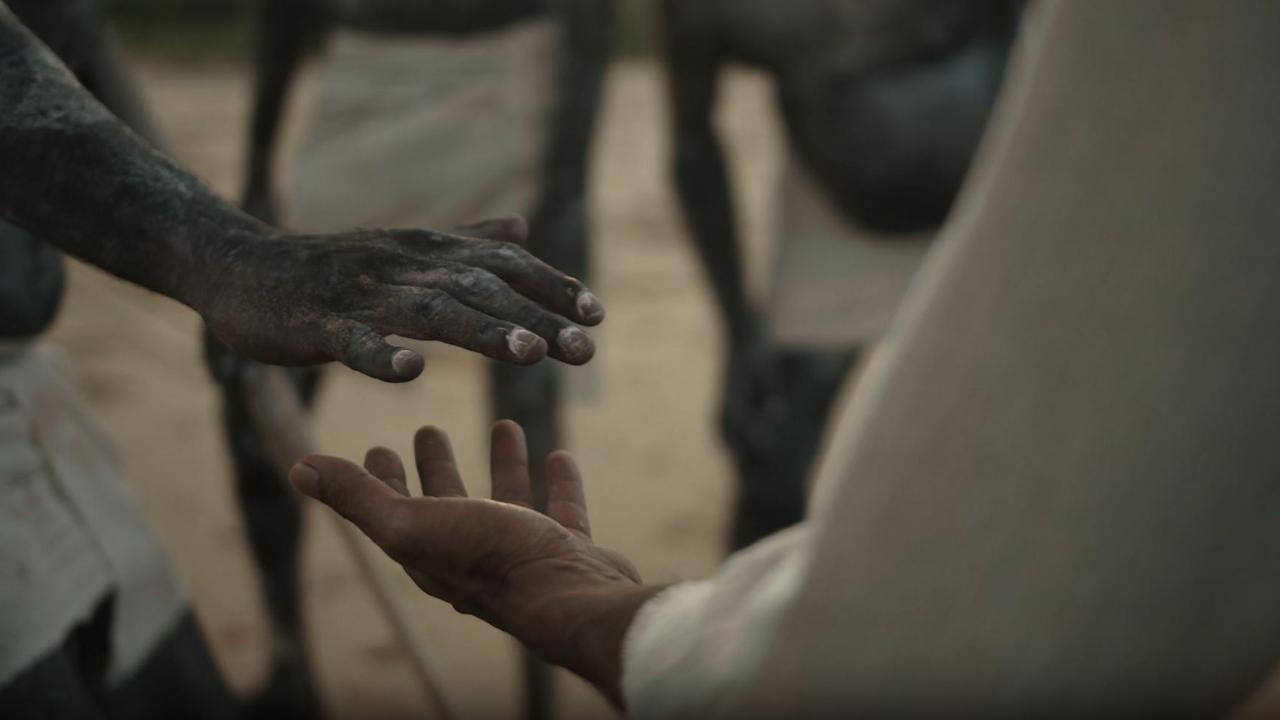
University of Adelaide Associate Professor Sally K. May said there was evidence supporting contact between Indigenous Australians and Macassan trepangers, including a fishing boat called a prau, that was radiocarbon* dated to pre-1664.
“Before the 1600s is more difficult to prove but most archaeologists would agree there has been ongoing contact for many hundreds of years,” she said.
“These earlier contacts may not have been Macassans hunting trepang* but may have been trading other items.”
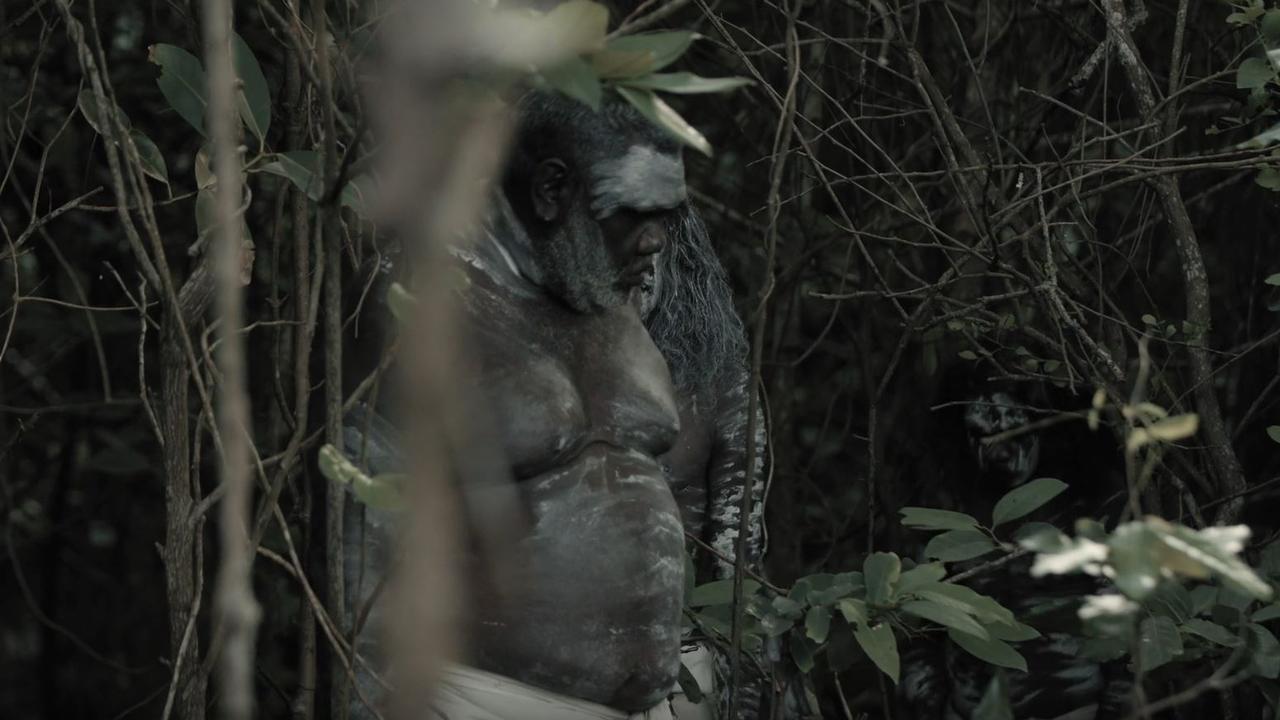
Oxford theologian* Professor Nigel Biggar said Australia’s history predated the arrival of the British but said the creation of the nation in its current form was due to English settlement.
“Before then, you had multiple groups covering parts of Australia, you didn’t have a single state and you certainly didn’t have a single Aboriginal state,” he said.
“By all means tell the story of different groups but don’t pretend that it created Australia because it didn’t.”
Grant was approached for comment.
POLL
GLOSSARY
- contentious: debatable, disputed, controversial, likely to cause disagreement
- Macassan trepangers: so called because they were from Macassar and fishing for trepang, large sea cucumbers found in tropical seas
- false narrative: the presentation of incorrect information about a particular situation
- encapsulate: summarise, express or show the most important facts about something
- archaeologists: specialists in the scientific study of human history and prehistory through excavating sites and analysing artefacts
- colonialism: the belief in and support for a system in which one country controls another
- coronation: ceremony in which a new king or queen is crowned
- monarchy: a country with a king or queen, a political system with an individual ruler who functions as head of state
- radiocarbon: a scientific method that can accurately determine the age of organic materials
- theologian: academic specialising in religious studies
EXTRA READING
Republic debate before royal tour
Exploring the 250th anniversary of Cook’s arrival
QUICK QUIZ
- Where were the fishermen who interacted with Indigenous Australians pre-1770 from?
- When did Captain Cook arrive in Botany Bay?
- What event is considered the beginning of Australia’s colonial period and in what year?
- What was a Macassan trepanger fishing boat called?
- Radiocarbon dating found the fishing boat came from approximately what year?
LISTEN TO THIS STORY
CLASSROOM ACTIVITIES
1. Distinguishing between facts and opinions
The documentary is described as “contentious” because different people and groups hold a variety of opinions about Australia’s history. Therefore, in order to understand this story and form your own well-educated views, it is important to distinguish between facts and opinions. Create a table with the headings Facts and Opinions and fill in your table with at least five facts and three opinions taken from the text.
Time: allow 25 minutes to complete this activity
Curriculum Links: English, History
2. Extension
If you could time-travel back to the past, what three questions would you try to answer about Australia’s history?
Time: allow 10 minutes to complete this activity
Curriculum Links: English, History
VCOP ACTIVITY
I spy nouns
Nouns are places, names (of people and objects), and time (months or days of the week).
How many nouns can you find in the article?
Can you sort them into places, names and time?
Pick three nouns and add an adjective (describing word) to the nouns.


